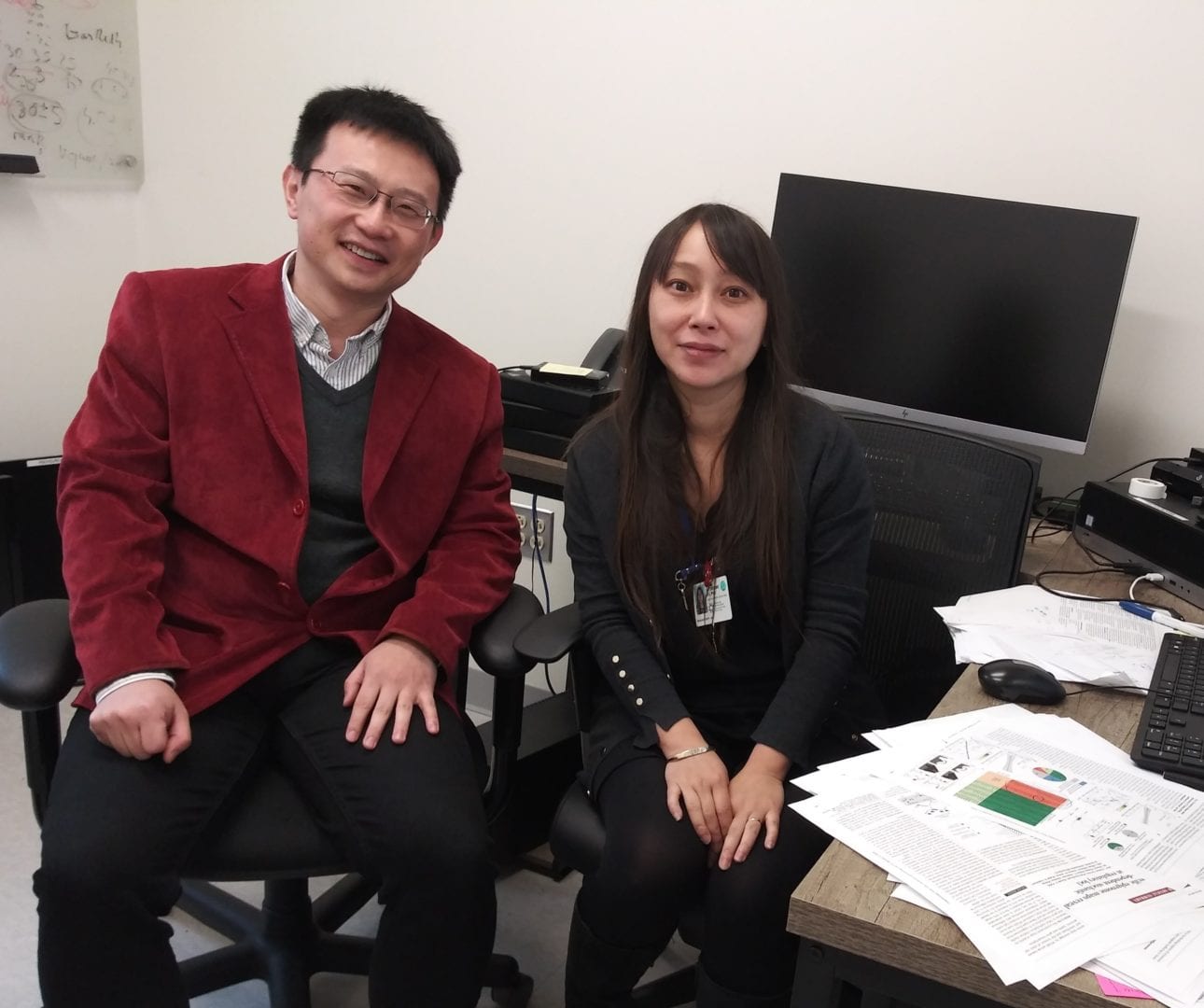CDI Scientists Helping Dive into the Epigenetics of Congenital Heart Defects
February 05, 2020

Congenital heart defects, afflicting 40,000 American newborns each year, can be caused by many factors, including gene mutations or chromosomal abnormalities in the developing fetus, and certain maternal factors. But for many cases, no cause by DNA sequencing or in-utero exposure is readily apparent. Some children might have an unlucky biological hand dealt to them that science cannot yet explain.
During this February’s annual American Heart Month, scientists at Hackensack Meridian Health’s Center for Discovery and Innovation are part of an ongoing body of research to answer why some cases of heart defects cannot yet be explained.
Catherine Do, M.D., Ph.D., an Assistant Member of the CDI in the research group of Benjamin Tycko M.D., Ph.D., is working with statistical genetics expert Ming Li, Ph.D., from Indiana University.
“Dr. Li, working with Cathy Do here at CDI, is looking to map both genetic and epigenetic factors, and interactions between them, for discovering yet undetected causes of congenital heart defects,” said Tycko.
Li was granted a K01 grant by the National Heart, Lung, and Blood Institute in 2018 to support the work. Tycko is the co-mentor of the work, along with the Charlotte A. Hobbs, M.D., Ph.D., vice president of Research and Clinical Management at the Rady Children’s Institute for Genomic Medicine, with other colleagues involved.
“Epimutations” – changes in DNA methylation that can occur early in development in utero, but which are not inheritable – are one possible hypothesis for otherwise apparently random cases of heart defects, according to Tycko.
Alternatively, the heterogeneity of congenital heart defects might be explained by a deeper look into genetic markers and their effects on gene expression and DNA methylation.“We need to look at both genetics and epigenetics together,” said Tycko.
